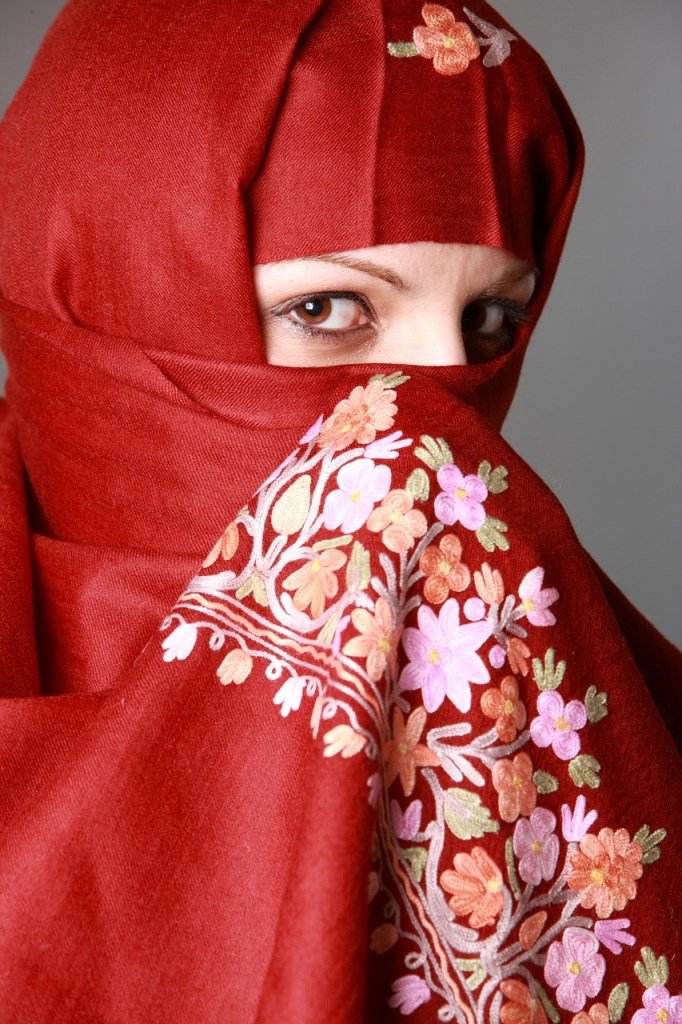Rebecca Pena Hikal


We pray, we fast, we follow the rules and laws that have been sent down to us by our Creator. We do the absolute best that we can do to live a life that pleases Allah swt. So what happens when after all of that, we sincerely ask for His help in something that we genuinely need, and our request seems to have gone unanswered, or worse we receive an answer that we didn’t want. Why does He remove things from our lives that we clearly need? Why does he put us in situations that we know we can’t handle? Why does He give us tests that seem impossible to pass? Why, why, why?????
I keep going back to 2017 when my husband lost his job. I learned so many lessons that year. And in such an unfair manner. Why? He did nothing wrong, and Allah knows how much we depended on his income. So why allow something like that to happen? I lost count of the number of times I asked why. Sherif however, would always say: you have a plan, I have a plan, but He is the greatest of planners.
Allah swt had a plan for you before you were born, and He still has a plan for you. Allah’s plan for you is necessary and glorious. His plan is vital to your success and important to the world. There is no doubt that Allah has decreed everything that happens in the universe from the beginning of time to the end.
“Know you not that Allah knows all that is in heaven and on the earth? Verily, it is (all) in the Book (Al‑Lawh Al‑Mahfooz). Verily, that is easy for Allah” (Quran, al-Hajj 22:70)
Everything happens by the will of Allah. Whatever He wills happens, and whatever he does not will does not happen. Nothing in this life happens without His say so. So knowing this, why do we continuously ask why? Is our faith that small or rather weak? Do we not trust Him? Allah (swt) loves us many times more than even our own mothers. Sometimes, He takes things away from us or puts us through experiences that give us pain. But He always does what is best for us. We may not see it now. We may not see it for years. We may not see it till the next world. But we must have faith that whatever He does is always for the best. There is always some good in a loss, in a trial, in a difficulty, or in a suffering. Trust Allah. He is Al-Hakeem, the Most Wise. He is Al-Aleem, the Most Knowing.

How many times have you been upset at how things are unravelling only to understand some months or years down the line that this is how it was intended to be. How many times do you find yourself looking back over the years and realizing why certain things indeed happened for the best? Sometimes time helps us understand, but at other times, it is difficult even to understand years later why something was for the best. At times like these it helps to remember the trials and difficulties the Prophets and other righteous people in the past have faced and how seemingly unfavorable circumstances have turned out for the best. The Quran is filled with such stories. When your heart is heavy with grief and you find Shaytan putting thoughts like ‘why me?’ and ‘what good can there be in this?’ in your mind, go back to the Quran. Read the stories of the Prophets and the righteous about how they were tested. Musa pbuh mother was told to throw her newborn baby into the river, Yaqub pbuh was separated from his son Yusuf pbuh for years, Maryam gave birth to a baby alone and feared accusations by those around her. Each of these circumstances turned out to be for the best. Musa pbuh was returned to his mother even as he grew up in the palace of Pharaoh which was necessary to prepare him for his task ahead. Yusuf pbuh had to be left by his brothers in the well to reach the positions that he reached later. And Maryam was honored throughout history and was defended by her infant son.
“If we had perfect power to determine our destinies, and perfect vision to see the future and know what is best for us, we would choose exactly the fate that Allah has chosen for us.” – Imam al-Ghazali (rahimahullah)
Part of our belief in Allah, part of our trust in Him is to have faith in Him being All-Knowing and the Most Wise. Difficulties and trials give us the opportunity to practice this belief. When we are brought to our knees by difficult circumstances, when we see our plans failing and when we are blocked by circumstances beyond our control, it is difficult to see the good in the situation. But when we tell our hearts that there must be some good in this, that Allah (swt) has a plan for us, we set our hearts on the path towards healing. Trusting Allah means that we tell ourselves to move forward on the path He puts us on even when it hurts. Trusting Allah means we do not question His decree, even as the tears stream down our faces. Trusting Allah means we have faith that He will bring us through this and place us exactly on the path that we are meant to be on, and that we will eventually understand why this was for the best. InshaAllah
Sometimes when we do not understand how something was for the best, or when we feel overwhelmed with emotions, it helps to just turn to Allah and talk to Him about your feelings. Cry out to Him and tell Him how you feel. Yaqub (عَلَيْهِ السَّلَام) said “I only complain of my suffering and my grief to Allah” (Yusuf 12:86)
Ask Allah to heal you and give peace to your heart. Ask Him to help you understand how this was for the best. Ask Him for the strength to stay strong and move forward. Allah has a plan for each and every one of us. We must trust His plan.
“When Allah tests you it is never to destroy you. When He removes something in your possession, it is only in order to empty your hands for an even greater gift.” – Ibn al Qayyim

About the Author: Sister Rebecca is a SAHM living in Houston Texas. Married for 13 years with two children, and a revert since 2014, her hobbies include cooking, reading, and spending time with family.
Thanks for one’s marvelous posting! I really enjoyed reading it, you happen to be a great author.I will be sure…
Zencortez
Zen cortex
Zencortex review









) سأعيد زيارتها مرة أخرى لأنني قمت بوضع علامة كتاب عليها. المال والحرية هي أفضل طريقة للتغيير، أتمنى أن تكون…